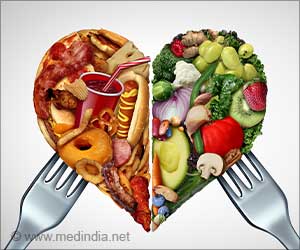Frequently Asked Questions (FAQs)
1. Why consider removing oil from your diet?Eliminating oil from your diet can lower calorie intake, reduce saturated fat consumption, and promote weight loss. It may also improve heart health by lowering LDL cholesterol levels and reducing the risk of cardiovascular diseases.
2. Is cooking without oil healthier?
Cooking without oil can be healthier as it reduces calorie and fat intake, making it beneficial for weight management and heart health. However, it's essential to ensure that you still consume healthy fats from sources like nuts, seeds, avocados, and fatty fish.
3. What are the consequences of having no oil in your diet?
While eliminating oil can offer health benefits, it may also lead to potential nutrient deficiencies, especially in fat-soluble vitamins like A, D, E, and K. Additionally, it may impact the flavor and texture of dishes, making them less palatable for some individuals.
4. What are some alternatives to cooking oil?
Healthy alternatives to traditional cooking oils include using vegetable or chicken broth, water, vinegar, citrus juice, or non-stick cooking sprays. Other options include using natural fats like avocado, nut butter, tahini, or coconut milk in moderation.
5. How does oil impact the body?
Consuming excessive amounts of oil, especially those high in saturated and trans fats, can contribute to weight gain, high cholesterol levels, and an increased risk of heart disease. Some oils, like olive oil and avocado oil, contain beneficial monounsaturated fats and antioxidants, which may offer health benefits when consumed in moderation.









